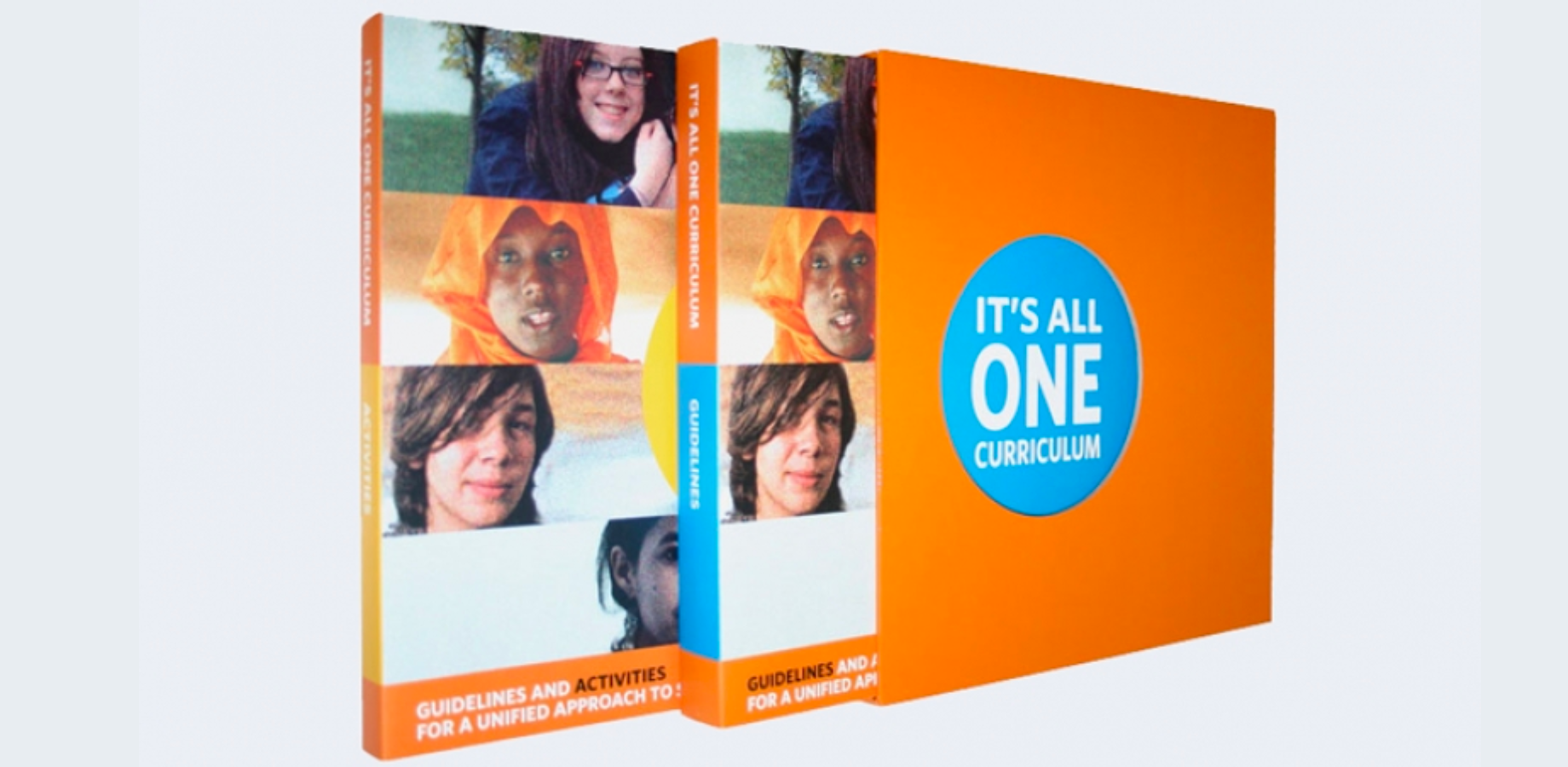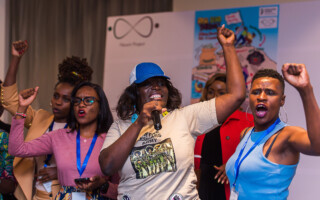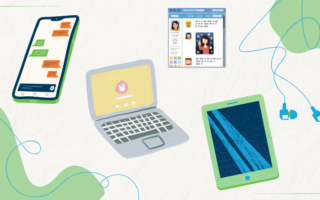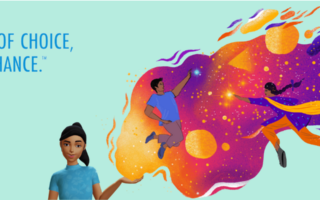
Adolescents in the United States and around the world face significant reproductive health challenges, including high rates of unintended pregnancy and sexually transmitted infections (STIs). To address this issue, many countries have launched programs to educate adolescents about sex and sexual health. However, despite extensive investment in these programs, many researchers have noted that there is room for improvement, with some programs performing well, but others having little or no effect on behavioral or health outcomes.
Studies have shown that when people hold biased beliefs about appropriate roles and behavior for males and females, or when they report unequal power in their intimate relationships, they are more likely to experience poor reproductive health outcomes. For example, women who report low power in their sexual relationships tend to have higher rates of STIs and HIV infection than women who report more equitable relationships.
The Rethinking Sexuality Education project promotes a paradigm shift in the sexuality education field—toward an approach that fosters the development of critical thinking skills and emphasizes learning and reflection about the ways that gender, power in relationships, rights, and other aspects of social context, like race/ethnicity and class, can affect sexual relations. This approach can be applied both in formal education and in community-based programs.
Key activities of the Rethinking Sexuality Education project include:
- Conducting policy research and promoting dialogue on the evidence for a new approach
- Developing technical resources, such as curricula, for sexuality and HIV education programs, and education ministries/departments
- Advising on pilot interventions—both in the United States and globally—that integrate sexuality, HIV, gender, rights, and critical thinking skills
Key accomplishments of the Rethinking Sexuality Education project have been the development of:
- It’s All One Curriculum, a user-friendly curriculum-development resource package
- iMatter, a curriculum and web-based application for teaching younger adolescents in grades 4–6 about gender, puberty, and rights
- Groundbreaking research on the crucial elements of effective sexuality and HIV education programs
It’s All One, available for free download in several languages, has been in high demand since its first English publication in 2009 (a second, updated version was published in 2011). Requests have come from more than 150 countries and every state in the United States—from government agencies, international NGOs, and community organizations reaching young people.
The broadest reach of It’s All One is through ministries of education and school districts in Africa, Asia, Latin America, and the United States, including in more conservative settings. Several thousand community-based organizations use It’s All One. For example, it is being used with rural Mayan girls in Guatemala, young people in Haiti living with HIV, girls’ empowerment programs in southern Nigeria, young ethnic Tibetans in China, and members of the Mexican Scouts Association.
The iMatter curriculum is aligned to US Common Core learning standards and focuses on puberty, gender, fairness, communication skills, resolving conflicts, and other topics. The web-based game engages young people in personal reflection, creativity, and critical thinking. After a highly successful pilot phase, iMatter has been introduced across urban school districts and community-based organizations reaching younger adolescents.
A 2015 Population Council study provides powerful evidence that sexuality and HIV education programs that address gender and power in intimate relationships are five times more likely to be effective than those that do not. Fully 80% of such programs are associated with a significantly lower rate of STIs or unintended pregnancy. In contrast, among the programs that do not address gender or power, only 17% have such an association.




